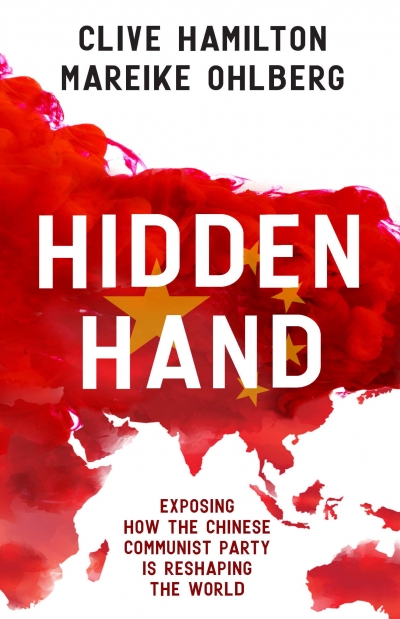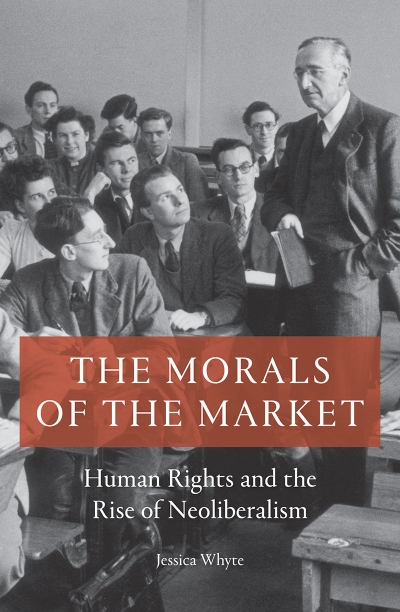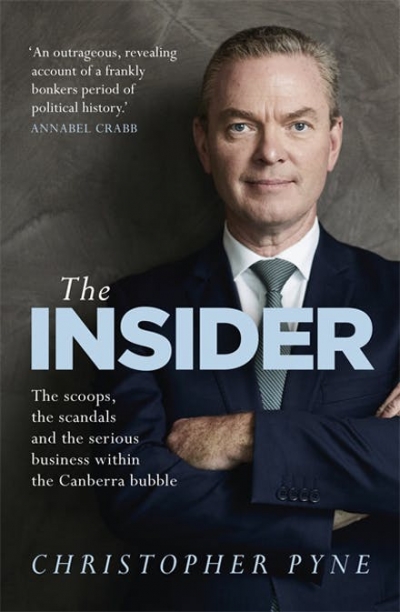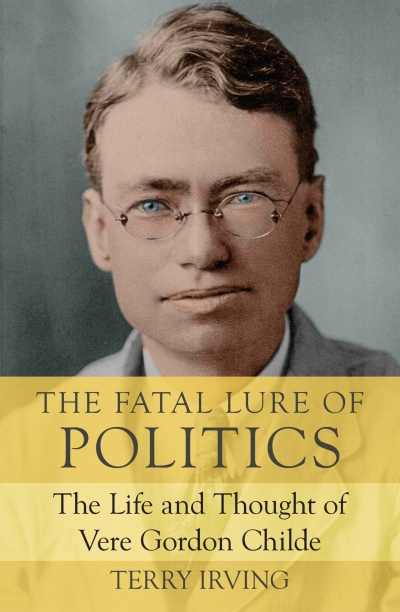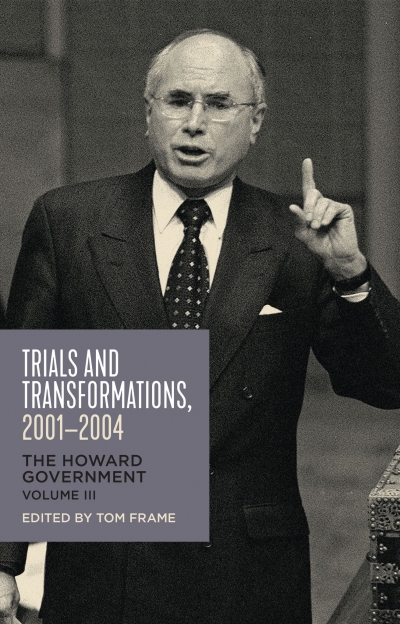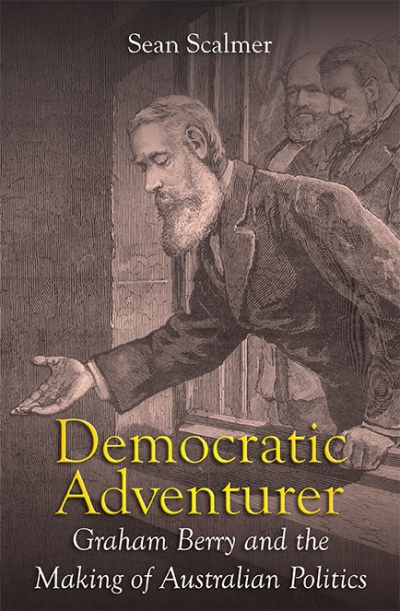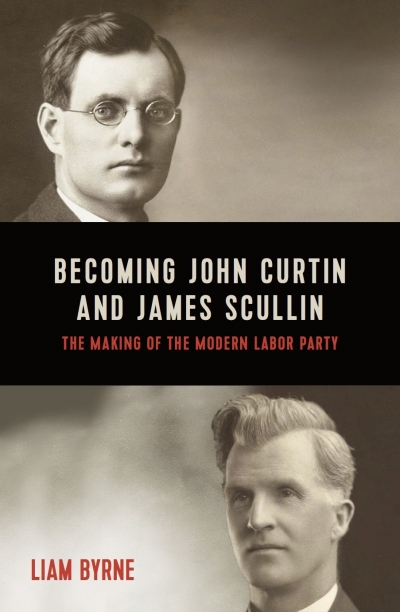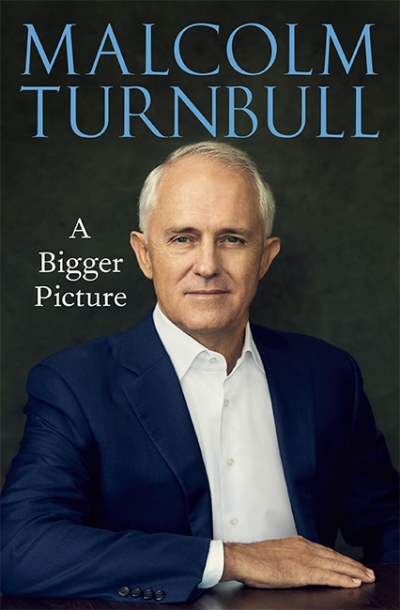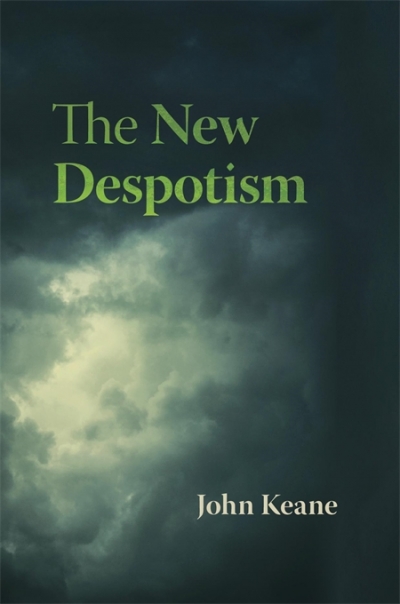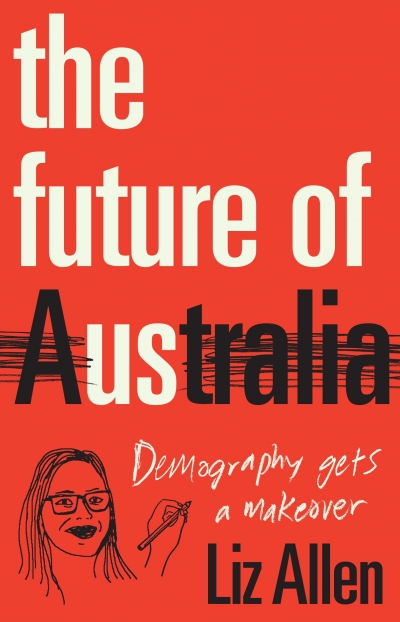Politics
Hidden Hand: Exposing how the Chinese Communist Party is reshaping the world by Clive Hamilton and Mareike Ohlberg
by Ben Bland •
The Morals of the Market: Human rights and the rise of neoliberalism by Jessica Whyte
by Benjamin Huf •
The Insider: The scoops, the scandals and the serious business within the Canberra bubble by Christopher Pyne
by James Walter •
The Fatal Lure of Politics: The life and thought of Vere Gordon Childe by Terry Irving
by Jon Piccini •
Trials and Transformations, 2001–2004: The Howard government, Volume III by Tom Frame
by Lyndon Megarrity •
Democratic Adventurer: Graham Berry and the making of Australian politics by Sean Scalmer
by Benjamin T. Jones •
Becoming John Curtin and James Scullin: The making of the modern Labor Party by Liam Byrne
by Frank Bongiorno •


